Embarking on your inaugural backpacking trip can be an exhilarating and daunting experience. Whether you're a seasoned day hiker or a complete novice to the great outdoors, venturing into the backcountry requires careful preparation and the right gear.
From choosing the most suitable backpacking pack and sleeping system to mastering essential skills like food storage and leave no trace principles, there's a lot to consider.
In this comprehensive guide, we'll walk you through everything you need to know to ensure a successful and enjoyable first backpacking experience, from trip planning to mastering the art of cutting pack weight, all in pursuit of a good night's sleep under the stars.
Planning Your Trip
The key to a successful backpacking trip is thorough planning. By carefully considering the details of your adventure, you can ensure a safe and enjoyable experience.
Choosing Your Destination
One of the most exciting aspects of planning a backpacking trip is choosing your destination. Consider factors such as the type of terrain you want to explore, the climate and weather conditions, and the availability of water sources.
Research various hiking trails, national parks, and backcountry camping locations to find the perfect setting for your adventure.
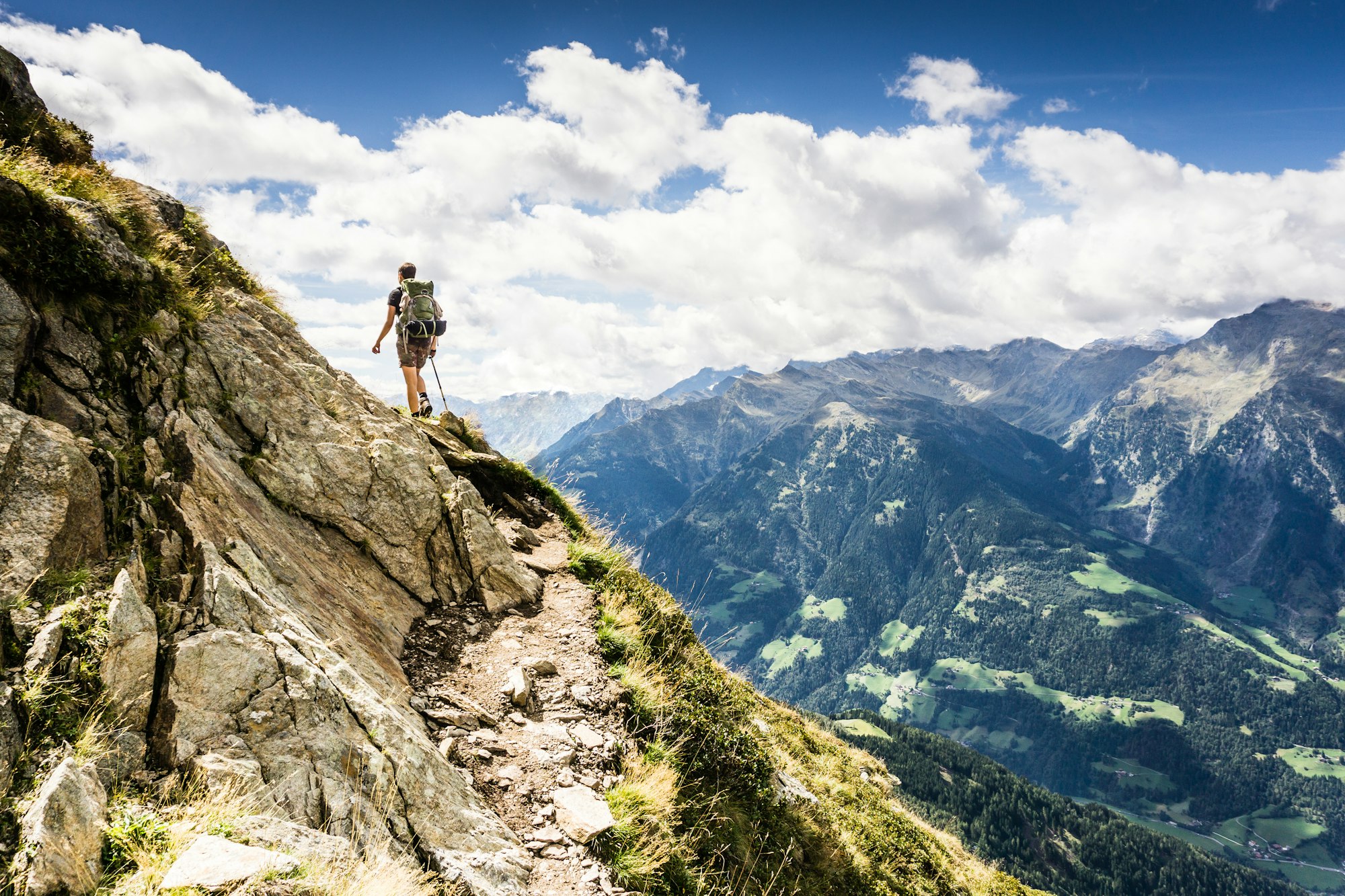
Determining the Length and Difficulty
One important consideration when planning your backpacking trip is determining the length and difficulty of the trek.
With a wide range of options available, from day hikes to multi-day expeditions, it's essential to choose a route that matches your skill level and experience.
Consider the elevation gain, trail conditions, and expected weather to ensure a safe and enjoyable journey.
It's also important to factor in the weight of your pack and the gear you'll need to carry to match the demands of the trail. Pre-trip Preparation Checklist Lengthy backpacking trips require careful planning and preparation.
From selecting the right gear to packing essential supplies such as a first aid kit and food storage, each detail plays a critical role in the success of your adventure.
Your pre-trip preparation checklist should include essential items such as a reliable sleeping bag and sleeping pad, appropriate backpacking clothes, and a navigation tool such as a map or GPS device.
Pay attention to the weather forecast and ensure you have the right gear to stay warm and dry, including rain gear and a water filter.
Lastly, familiarize yourself with the principles of "Leave No Trace" and waste disposal guidelines to minimize your environmental impact during your journey.
Essential Gear and Packing
Obviously, the key to a successful backpacking trip lies in the equipment you take. Packing the right gear is essential for your safety, comfort, and enjoyment of the experience.
Here are some essential items that should be at the top of your backpacking checklist:
Selecting a Backpack
Selecting the right backpack is crucial for an enjoyable backpacking trip. Considerations such as pack weight, pack size, and your body weight are important factors to take into account.
Look for a pack that fits comfortably on your shoulders and hips, with enough space to carry all your gear without being overly bulky.
It's also important to ensure that the pack can distribute the weight evenly, reducing strain on your back and shoulders.
When selecting a backpack, it's also important to consider your hiking plans. If you're embarking on overnight trips or backcountry camping, you'll require a larger pack to accommodate additional gear.
For day hikes, a smaller daypack will suffice to carry essentials like water, food, clothing, and navigation tools.
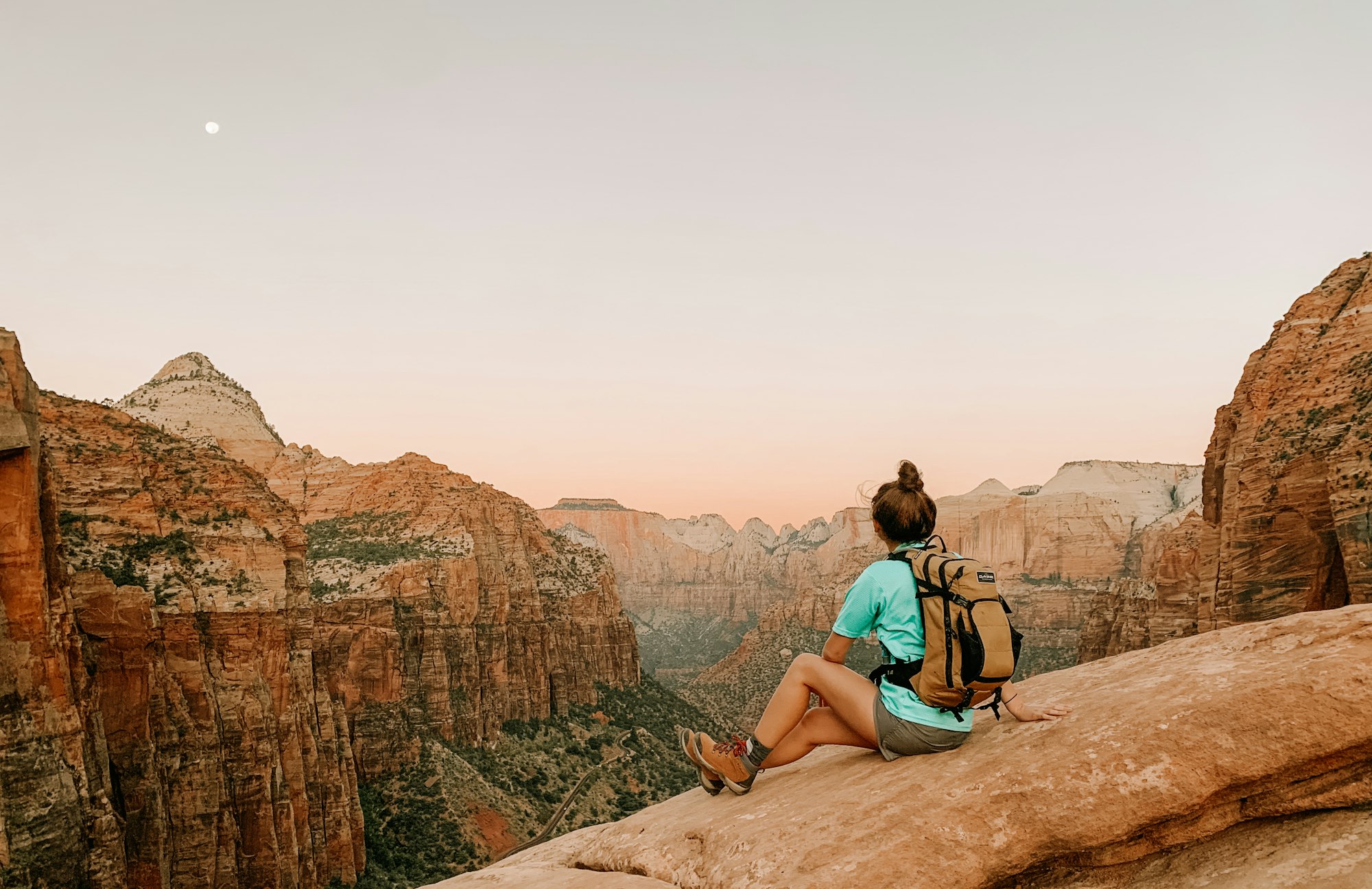
Sleeping System: Bag and Pad
The sleeping bag and pad you choose are essential for a good night's sleep in the backcountry. The right sleeping bag offers warmth and comfort, with considerations for weight, insulation, and packability.
A quality sleeping pad provides insulation from the cold ground and cushioning for a comfortable rest.
Essential considerations for your sleeping system include the weight and packability of the sleeping bag, as well as the insulation and comfort level of the sleeping pad.
These elements are crucial for ensuring a well-rested and rejuvenated experience on the trail.
Clothing and Footwear
The clothing and footwear you pack are crucial components of your backpacking system. Any experienced backpacker will tell you that the right gear can make all the difference.
Quality hiking boots, weather-appropriate clothing, and rain gear are essential for maintaining comfort and safety on the trail.
Considerations such as elevation gain, weather forecast, and the need to minimize campfire impacts are important factors to bear in mind when selecting your clothing and footwear.
Investing in quality, weather-resistant gear will equip you for a wide range of trail conditions and ensure a more enjoyable backpacking experience.
Food and Water Considerations
An adequate supply of food and water is crucial for sustained energy and hydration during your backpacking trip.
To minimize pack weight, select lightweight, high-energy food options and ensure you have a reliable system for purifying water from natural sources.
To minimize campfire impacts and waste properly, consider avoiding canned food and opting for lightweight, dehydrated or freeze-dried meals.
Packing bear canisters for food storage in bear country is essential for both your safety and the preservation of the wilderness environment.
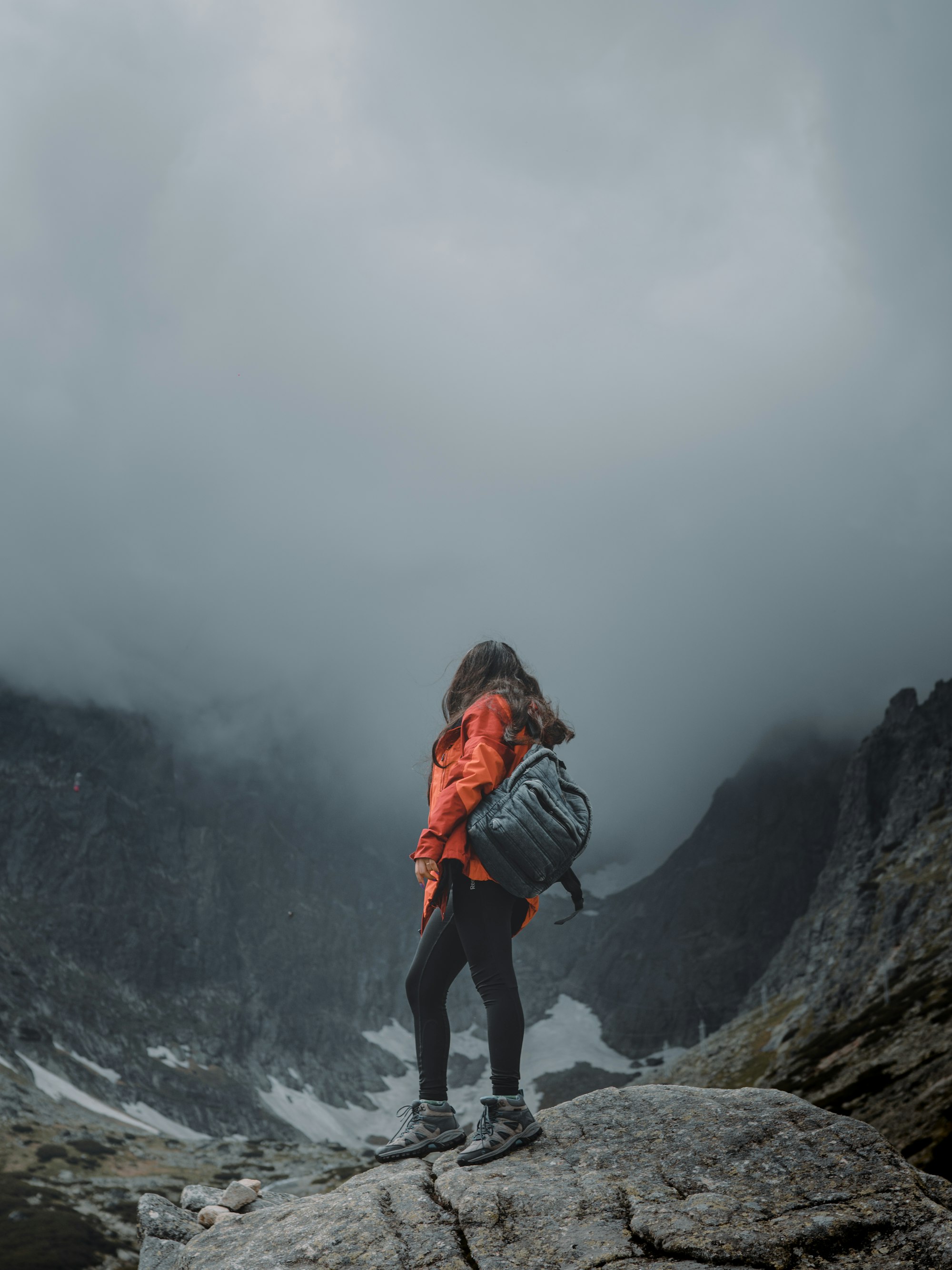
Navigation Tools
Navigation tools such as maps, a compass, and a GPS device are essential for staying on course during your backpacking adventure.
Gear up with the right tools and know how to use them effectively to ensure you always know where you are and where you're headed. The right gear can make all the difference when it comes to trail safety and confidence in the backcountry.
Navigating the Wilderness
Despite the allure of the wilderness, venturing into the backcountry demands careful navigation and respect for the environment you are entering.
Knowing how to move through the wilderness, minimizing impact, and staying safe are essential for any backpacking adventure.
Basic Navigation Skills
For those embarking on their first backpacking trip, it's crucial to have basic navigation skills. These include reading a map, using a compass, and understanding how to navigate using natural landmarks.
Taking the time to familiarize yourself with these skills can make a significant difference in your confidence and safety while exploring the wild.
Leave No Trace Principles
Navigation and wilderness ethics go hand in hand. It is vital to understand and follow the Leave No Trace principles to protect the natural landscape from human impact.
It involves minimizing campfire impacts, disposing of waste properly, and avoiding canned food to reduce litter and impact on wildlife. It's essential to be mindful of the environment and take steps to preserve it for future generations.
It's important to remember that most beginner backpackers might not be familiar with these principles, which is why experienced backpackers or family members should take the time to educate and enforce these ethical practices.
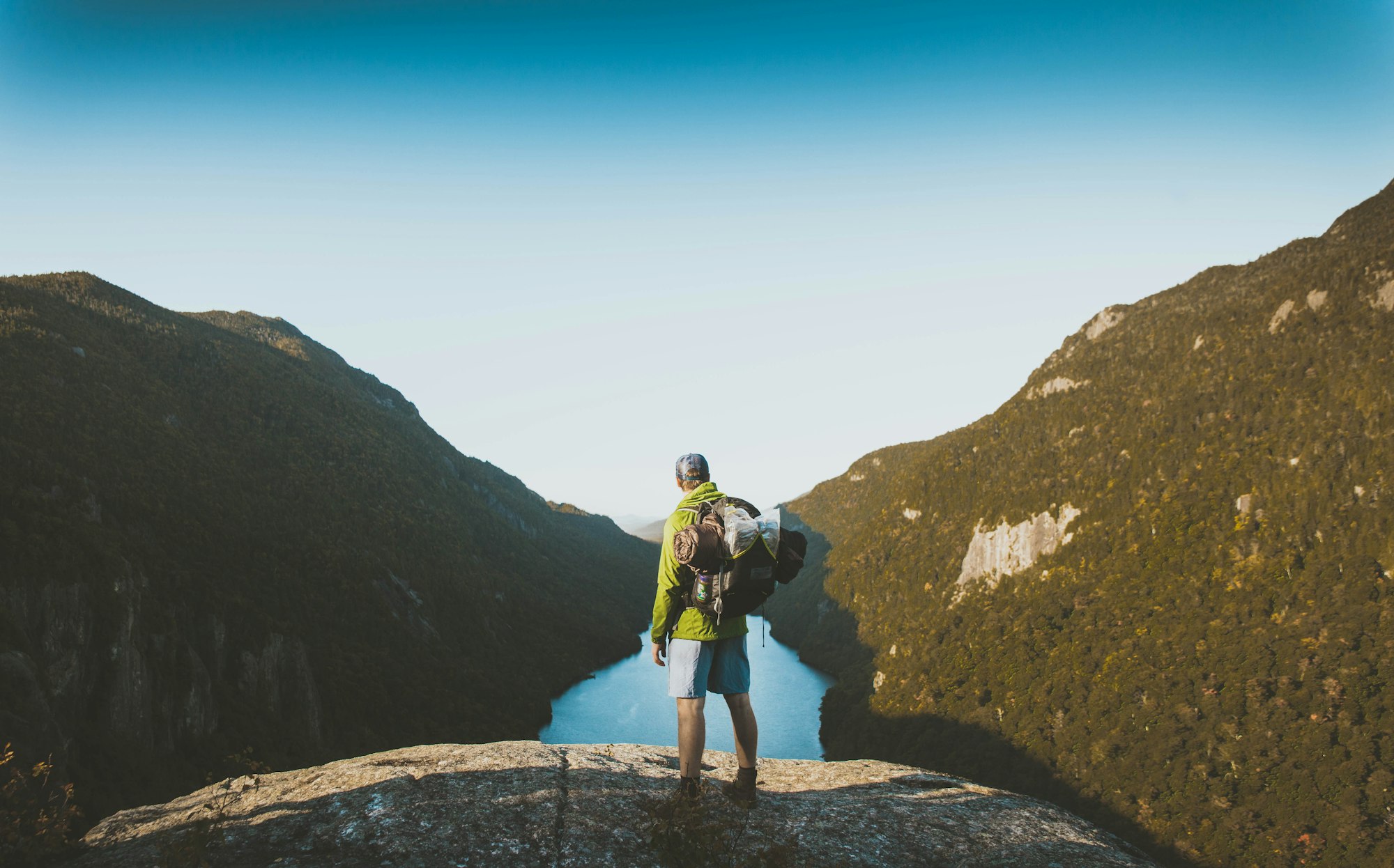
Wildlife Awareness and Safety
Principles of wildlife awareness and safety are paramount when backpacking.
Understanding how to safely coexist with wildlife, storing food appropriately in bear canisters, and minimizing encounters through proper waste disposal are vital aspects to consider for a successful and safe trip.
Leave No Trace practices also extend to wildlife safety, as minimizing food waste and acting responsibly can help avoid potentially dangerous encounters with animals.
When venturing into the wilderness, it's crucial to take into account the impact of your presence on the local ecosystem and its inhabitants.
Handling Emergencies
One of the most critical aspects of wilderness navigation is knowing how to handle emergencies.
Being equipped with a first aid kit, understanding how to use it, and having an emergency plan in place are all necessary elements to ensure your own safety and that of others on the trail.
Additionally, having essential gear such as a water filter and knowing how to purify water can be crucial in emergency situations.
Any backpacking experience can pose potential risks, from encountering extreme weather to getting lost on the trail. Being prepared and knowing how to respond to emergencies is fundamental to the success of your trip and the safety of everyone involved.
Enjoying Your Adventure
After planning and packing for your backpacking trip, the time has finally come to embark on your adventure.
Amidst the stunning natural landscapes and fresh air, it's important to take in the full experience and make the most of your time in the great outdoors.
Setting Up Camp
With the right gear and a suitable campsite, setting up your temporary home in the wilderness can be an enjoyable and satisfying process.
Take the time to carefully select a level spot for your tent, and ensure that you have proper shelter and protection from the elements.
As night falls, having a comfortable and cozy sleeping bag will allow you to rest and recharge for the following day’s adventures.
Any backpacking journey requires careful consideration of cooking and food storage. A well-stocked supply of non-perishable backpacking meals and the use of a bear canister are essential for safe and practical dining in the backcountry.
Remember to also minimize campfire impacts and waste properly to preserve the natural beauty of the environment.
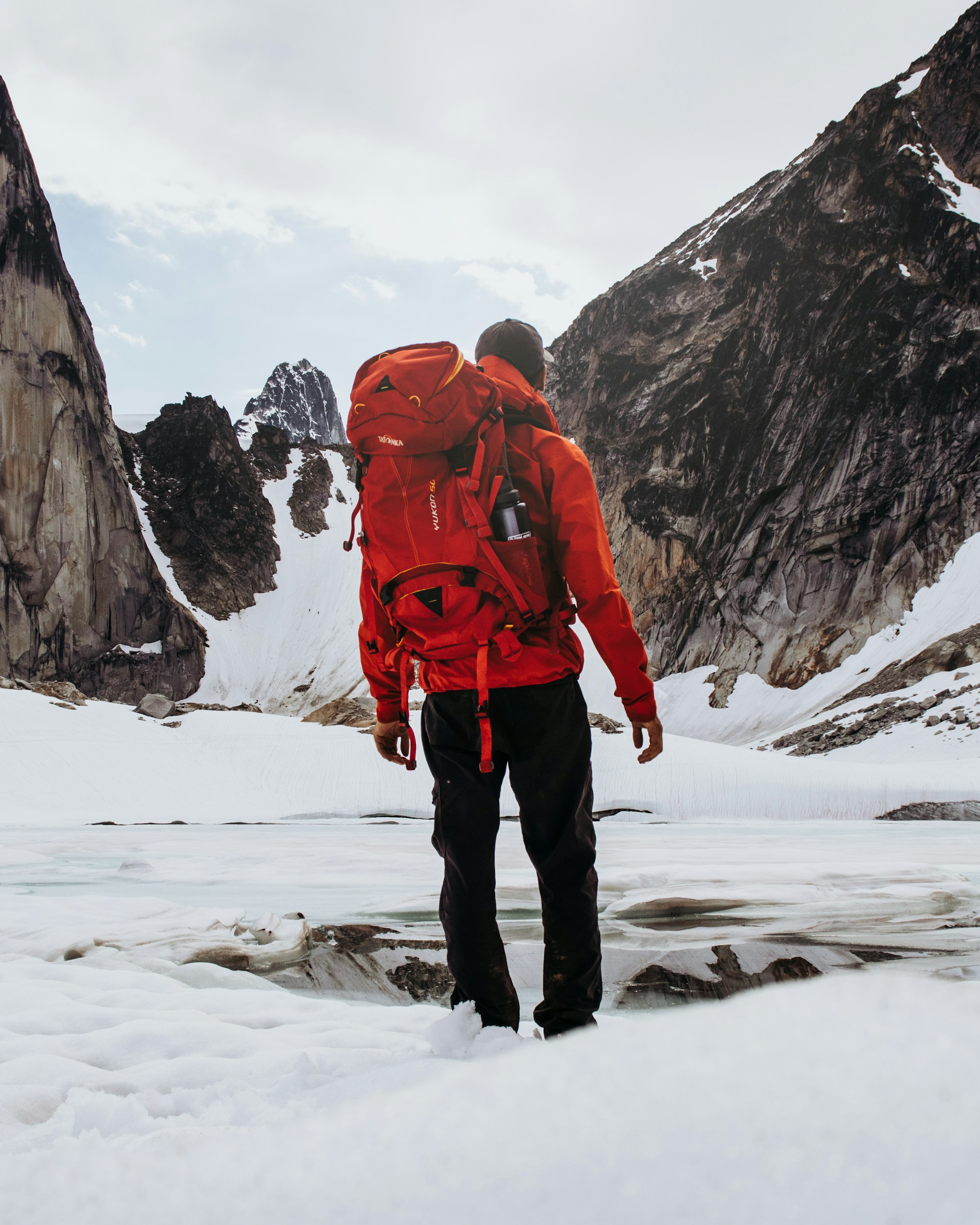
Making the Most of Your Hikes
Camp provides the perfect base for exploring the hiking trails that crisscross the backcountry. Whether it’s a day hike or an overnight trip, be sure to pack essentials such as a reliable backpacking pack, sleeping pad, and meals to fuel your treks.
Respect the principles of “leave no trace” and always be mindful of wildlife and fellow hikers to ensure an enjoyable experience for all.
For instance, knowing the elevation gain of your planned hike and checking the weather forecast are vital for a successful trip.
Prepare yourself with rain gear and sturdy hiking boots to handle various conditions, and consider a water filter to stay hydrated throughout your journey.
Documenting Your Trip
To add an extra layer of enjoyment to your adventure, document your hikes and camping experiences.
Whether it’s through journal entries, photographs, or video recordings, capturing the stunning landscapes and memories will allow you to relive your backpacking experience in the future.
Some Final Thoughts
The first backpacking trip can be an exciting and rewarding experience for beginners. It is important to invest in the right gear, plan ahead, and familiarize yourself with essential backpacking skills.
From choosing the right sleeping bag to packing the necessary food and gear, there are many aspects to consider for a successful trip. It is also crucial to prioritize safety, leave no trace, and be prepared for various weather conditions.
With proper preparation and a positive mindset, novice backpackers can confidently embark on their first adventure into the backcountry.
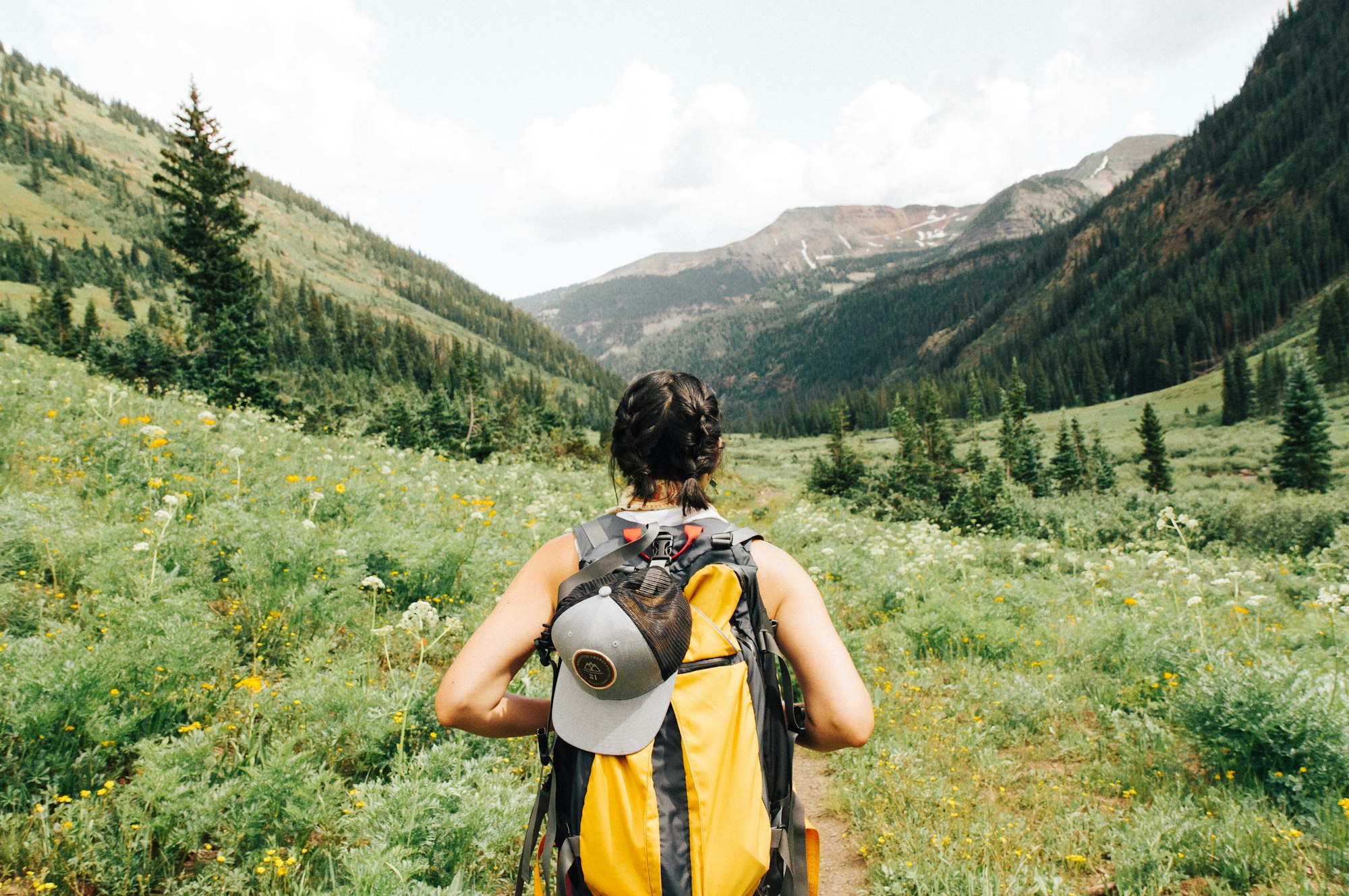
FAQ's
Q: What is backpacking?
A: Backpacking is a form of low-cost, independent travel. It involves carrying all essential items, such as clothing, food, and camping gear, in a backpack and embarking on a multi-day hiking trip to explore remote and natural areas.
Q: How do I prepare for my first backpacking trip?
A: Preparation for your first backpacking trip involves researching the destination, checking weather forecasts, familiarizing yourself with the trail, acquiring essential gear, and physically conditioning yourself for the hike.
Q: What backpacking gear do I need for my first backpacking trips?
A: Essential backpacking gear includes a backpack, tent, sleeping bag, sleeping pad, hiking boots, navigation tools, water purification system, cooking stove, and appropriate clothing for varying weather conditions.
Q: What should I consider for my overnight backpacking trip?
A: For an overnight backpacking trip, consider pack weight, food and water storage, a first aid kit, waste disposal, campsite selection, and adhering to Leave No Trace principles to minimize environmental impact.
Q: How can I minimize my pack weight for my first backpacking trip?
A: Minimize pack weight by carefully selecting lightweight and multifunctional gear, packing only necessary items, and planning meals with lightweight food options.
Q: What safety precautions should I take as a beginner backpacker?
A: As a beginner backpacker, prioritize safety by informing others of your trip plan, carrying a first aid kit, researching local wildlife and potential hazards, and acquiring knowledge of basic backpacking skills.
Q: Where should I go for my first backpacking trip?
A: Your first backpacking trip could be in a local national park, designated hiking trails, or a beginner-friendly camping destination. Research and choose a location that suits your skill level and interests.
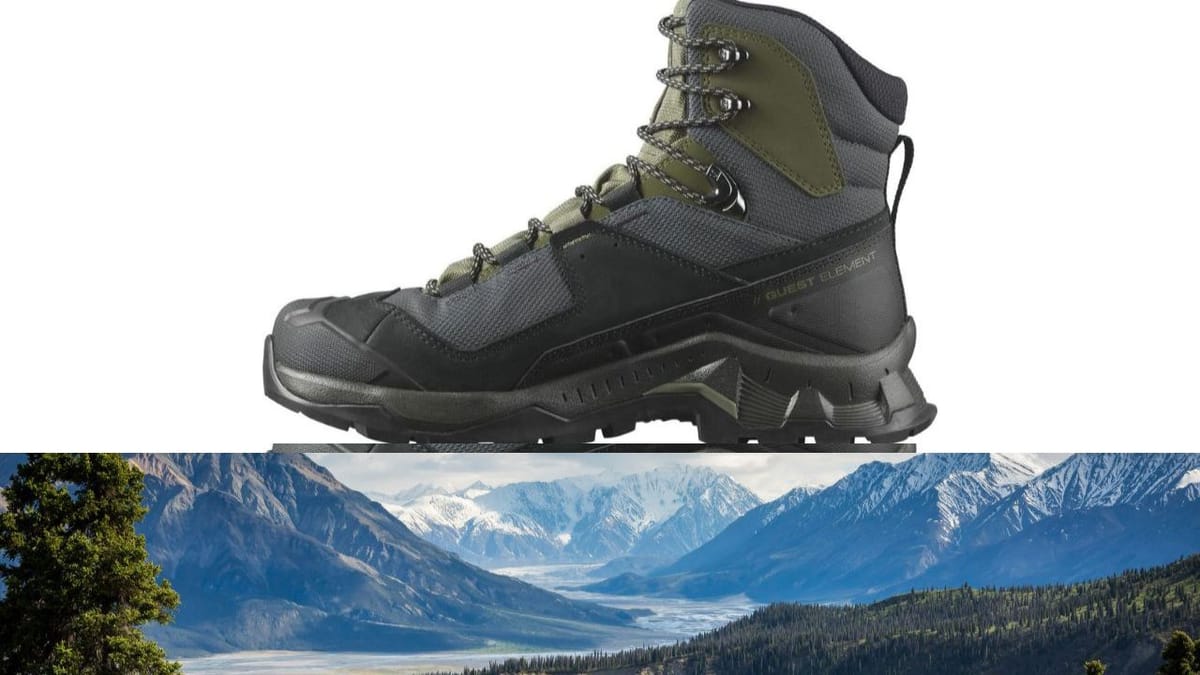


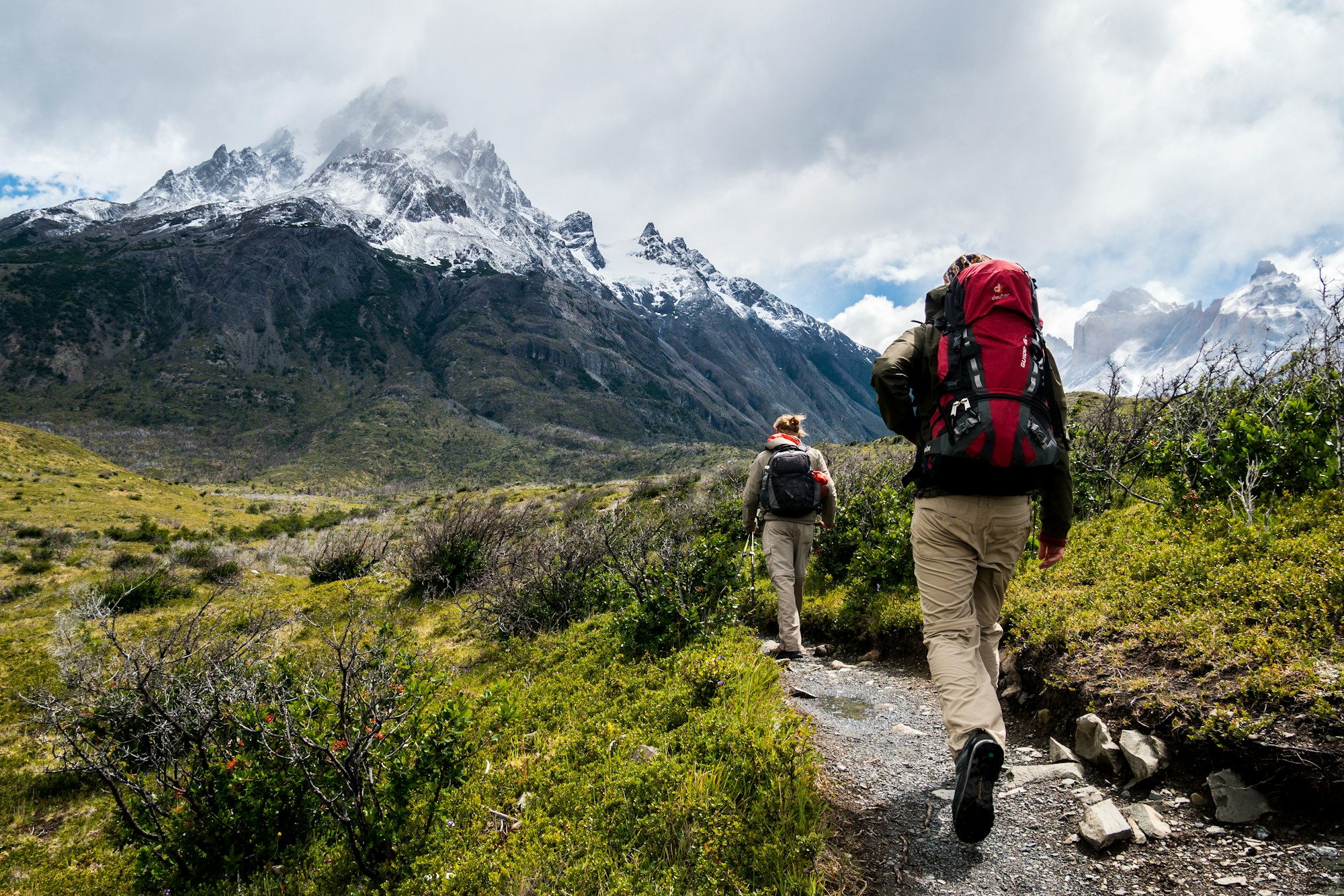


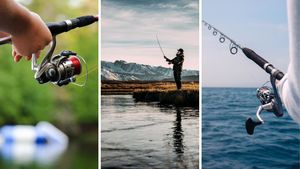


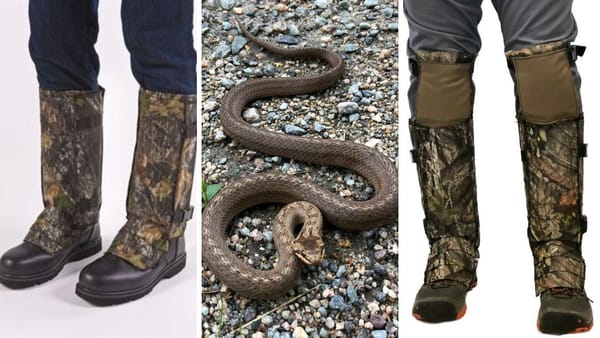



Member discussion